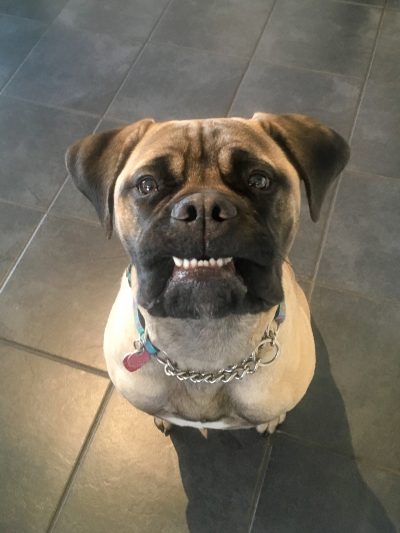
Your pet’s overall health greatly depends on the health of their teeth and gums. Periodontal disease is the most common ailment diagnosed in companion animals. Left untreated, dental disease causes unnecessary pain and can lead to serious health conditions throughout your pet’s body. In most cases periodontal disease is preventable with proactive dental care. The best way to keep your pet’s mouth healthy is through regular dental exams and cleanings, consistent oral home care and feeding a dental supportive diet.
We subscribe to a preventive dental care protocol known as Comprehensive Oral Health Assessment and Treatment (COHAT). This involves a thorough dental examination including full mouth x-rays, followed by treatment of any diagnosed conditions, followed by cleaning to remove plaque and tartar and polishing to further reduce plaque and to remove stains. COHATs are always done under general anesthesia to allow thorough examination and cleaning under the gums and to minimize your pets’ stress and discomfort.
In the examination we check your pets’ mouth for signs of periodontal disease, tartar, broken teeth, retained baby teeth, and abnormal bite. Whole mouth x-rays are an essential part of this examination They allow the doctor to the see below the gum line, allowing assessment of the full tooth, including root, as well as the surrounding bone structure. Serious issues that may not otherwise be visible, such as tooth defects or fractures beneath the gum line or bone loss associated with periodontal disease may be detected. The x-rays become a part of your pets’ medical record to support monitoring and assessment of changes throughout their life.
When damaged or diseased teeth are found in the examination, treatment may be prescribed, such as extraction of the affected teeth. Conditions that may require treatment include teeth affected by moderate to severe dental disease, fractures or defects, retained baby teeth, and malocclusion (poor bite) that may lead to soft tissue trauma and other problems. In most cases, necessary treatments can be done at the time of the exam. More extensive treatments may require a subsequent visit. Specialized treatments such as root canals and crowns may have to be referred out to a dental specialist.
While it may be upsetting to think of your pet living without some of its teeth, we typically see dramatic improvement in their health and behaviour once relieved of the pain caused by damaged or diseased teeth. They will typically eat more enthusiastically, be more settled and happier, and owners often tell us they are more energetic and playful, sometimes seeming years younger.

